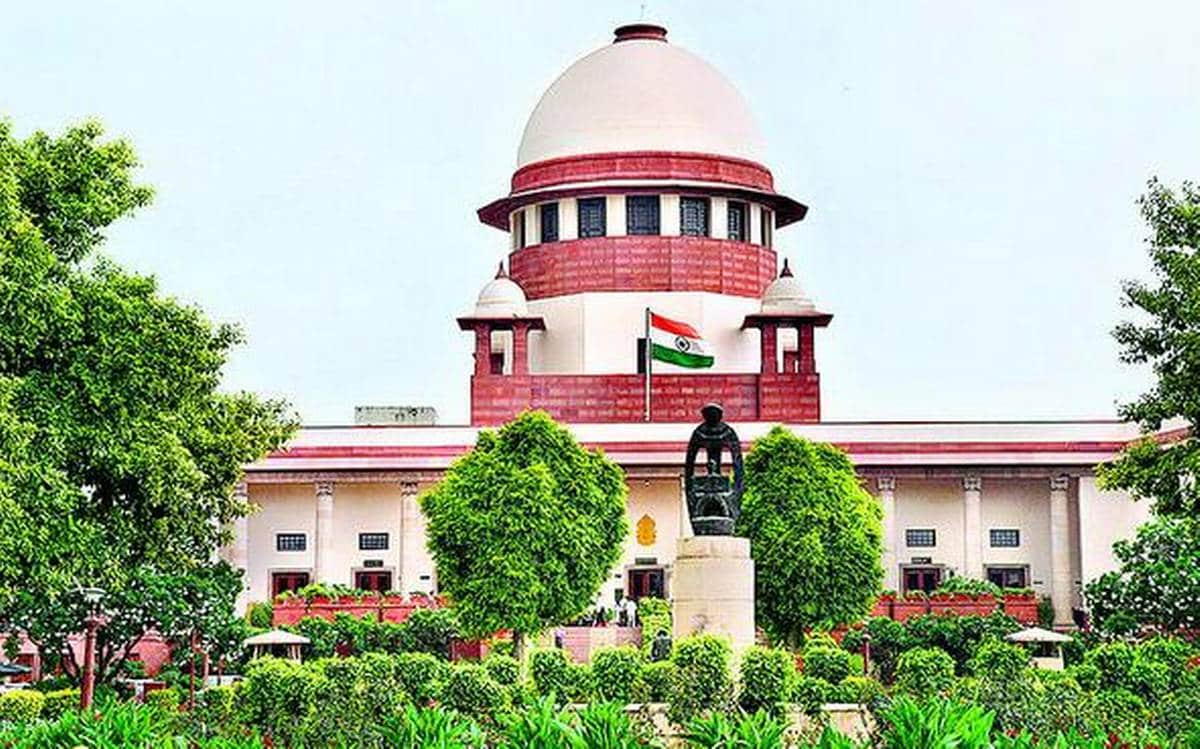The decision of the Labour Court should not be based on mere hypotheses. It cannot overturn the decision of the management on ipse dixit. Its jurisdiction under Section 11A of the Industrial Disputes Act 1947 although is a wide one but it must be judiciously exercised as held by the hon’ble supreme court in the case of Standard Chartered Bank Vs R.C. Srivastava [CIVIL APPEAL NO(S). 6092 OF 2021] (Arising out of SLP (Civil) No(s). 5931 of 2015)
Brief facts of the case are that the respondent workman was an employee of the appellant Bank and for the alleged delinquency which he had committed on 12th January 1988 in the discharge of his duties, a charge sheet dated 27th January 1988 was served upon the respondent workman with the allegation of drunkenness within the premises of the appellant Bank and for manhandling and assaulting the senior officers and also hurling abuses at the management. For the alleged gross misconduct which he had committed in the discharge of his duties, a departmental inquiry was held and after due compliance of the principles of natural justice held the charges proved against the delinquent respondent and the disciplinary authority after due compliance, punished him with the penalty of dismissal from service by an order dated 22nd August 1991.
The Tribunal found that the management of the appellant Bank has miserably failed to establish the charges leveled against the respondent workman and held the charges not being proved and in consequence, set aside the order of dismissal from service and directed the appellant to reinstate the respondent workman.
The award dated 14th September 2006 came to be challenged by the appellant in a writ petition under Articles 226 and 227 of the Constitution and the High Court of Allahabad by its impugned judgment and order dated 21st November 2014 dismissed the writ petition.
The learned counsel for the appellant submitted that after the domestic enquiry was held to be fair and proper, the Tribunal has a limited scope to interfere with the findings recorded in the domestic inquiry and unless the finding is perverse and not supported by a piece of evidence, it was not open for the tribunal to interfere within the scope of Section 11A of the Industrial Disputes Act, 1947.
The learned counsel for the respondent while supporting the findings recorded by the Tribunal and confirmed by the High Court in the impugned judgment submits that there was no evidence on the record as appreciated by the Tribunal in the first place, in arriving at the conclusion that such alleged incident in reference to which domestic inquiry was held had never occurred and the action was taken against him because he was an active member of a union and this was the circuitous route adopted by the appellant to eliminate the respondent to curb his trade union activities in the bank.
After hearing both the parties, the hon’ble court opined that “The Tribunal has converted itself into a Court of Appeal as an appellate authority and has exceeded its jurisdiction while appreciating the finding recorded in the course of domestic inquiry and tested on the broad principles of charge to be proved beyond reasonable doubt which is a test in the criminal justice system and has completely forgotten the fact that the domestic inquiry is to be tested on the principles of the preponderance of probabilities”. The judgment of the High Court dated 21st November 2014 affirming the Award dated 14th September 2006 passed by the Tribunal is set aside with the clarification that there shall be no recovery in reference to the payment which has been made over to the respondent workman in the interregnum period.
Click here to read the Judgment
Judgment Reviewed by – Aryan Bajaj


